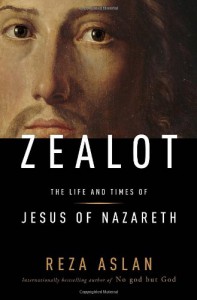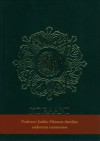rameau's ramblings
A reader who’ll try anything once, including bad books in search of good ones. Eclectic as her tastes are, she tends to gravitate to historical romances, realistic contemporaries, and some fantasy novels.
Zealot: The Life and Times of Jesus of Nazareth by Reza Aslan

There's a difference between Jesus of Nazareth and Jesus Christ, despite what you might've thought. One is a Son of Man, a historical figure, a man who lived and died in the first-century Palestine, the other, a Son of God, is a creation of his followers and a central figure of a religion called Christianity.
For me, the best part of Zealot was the historical context. I don't know nearly enough about what scholars call the first-century Palestine. I knew that it was ruled by Rome and maybe a handful of dubious details. I didn't know about a string of revolutionaries who called themselves messiah, who came before and after the Nazarethian nor did I know about the intricacies of Temple rule. I can't say I know any of the intricacies now, but at least I know where to start looking if I ever want to find out: a third of the book is dedicated to notes and references.
One thing I wasn't a fan of, was Aslan's use of language. It felt rambling to my tired mind and I had to read with a dictionary open on the bedside table.
Aslan focuses on the man, who wittingly navigated the political and religious climate of his time. It's a narrow look and doesn't leave room for any kind of speculation outside Jesus' public opinion. According to the author Jesus wasn't an apolitical figure who just wanted different races to get along, but a poor woodworker who wanted to change the rule and make life better for his fellow Jews.
Despite my Lutheran upbringing kicking back a few times, I'm inclined to agree with Aslan. I do think that Jesus was just a man who lived at the right time at the right place and that his followers build a cult around him. Everything else is left up to faith.
 3
3




